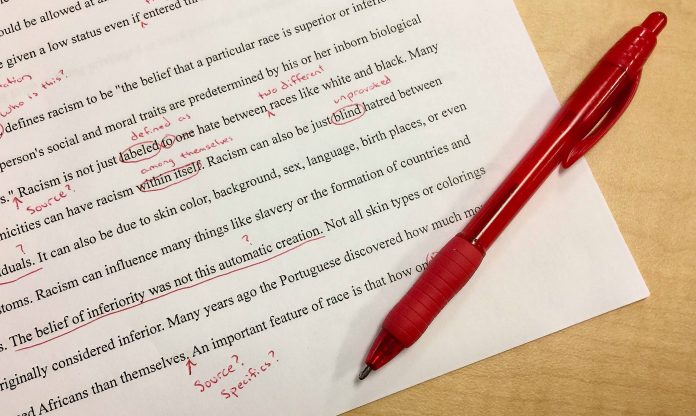
In a post on Writers in the Storm, Tiffany Yates Martin addresses some of the myths about developmental editors. “The explosion of indie and small-press publishing has seen a similar explosion in the services available for authors—which has also come with a roster of myths, hype, and confusion,” she says. “If you feel overwhelmed by all that noise regarding developmental editors, here’s a mythbusting primer on what you need to know.”
- You always need to hire a developmental editor. No, you don’t. “Authors have been successfully authoring for centuries, and yet the explosion of freelance developmental editors available for hire is a very recent phenomenon,” Yates Martin says. While an editor might help – and you probably won’t have intensive hands-on editing from a publisher – you should have your own editing and revision skills. While it might help to have outside eyes on your manuscript, it is possible to do it yourself, or with help from peers and friends.
- Dev editors are experts and know everything. No, they don’t. “There’s no official certification, standards, or governing body for developmental editors, so caveat scriptor—writer beware,” Yates Martin warns.
- Developmental editors are always right. Nope. An editor’s skills and knowledge will vary from person to person. Further, storytelling is objective. A good developmental editor will understand your style and intentions, and give you feedback based on what you want to see on the page. A less-good editor might allow their own preferences to color their feedback. Even when you receive a great critique, you can reject edits that don’t feel right.
- Dev editors will “fix” your manuscript. No, that’s your job. “They aren’t a magic bullet or wand that will make your story publishable or a bestseller,” Yates Martin writes. “They are a tool like any other tool in the writer’s toolbox—one that can help you see your work more clearly, deepen and develop it more fully and effectively, and get your intentions on the page.”
- Dev editors know your story better than you do. No, they don’t, and Yates Martin says you should see red flags if an editor suggests they do. “We are drawing from the benefit of (ideally) extensive knowledge of craft and extensive experience working in the industry in helping to determine what is most effective and marketable,” she says. “But you are the expert on your story; we are just the midwives helping you get it out.”
- Dev editors will pick your story—and you—apart. A good edit is extensive, deep, and intense, but your editor shouldn’t have a goal of tearing you down. “An editor’s overall approach should be respectful, constructive, and actionable,” Yates Martin suggests. “If they denigrate or dismiss you or your work, or try to take your story over and push their own ideas, or tell you what’s “wrong” without suggesting ways to address any issues, find another editor.”
- Dev editors should be successful authors themselves. Meh. While editing and writing are related skills, some people aren’t good at both. “Judge an editor based on their editing: their experience, knowledge, and how well they seem to understand your work and intentions (from a sample edit, which I recommend never hiring an editor without)—not by their writing track record (or lack of it),” Yates Martin says.











